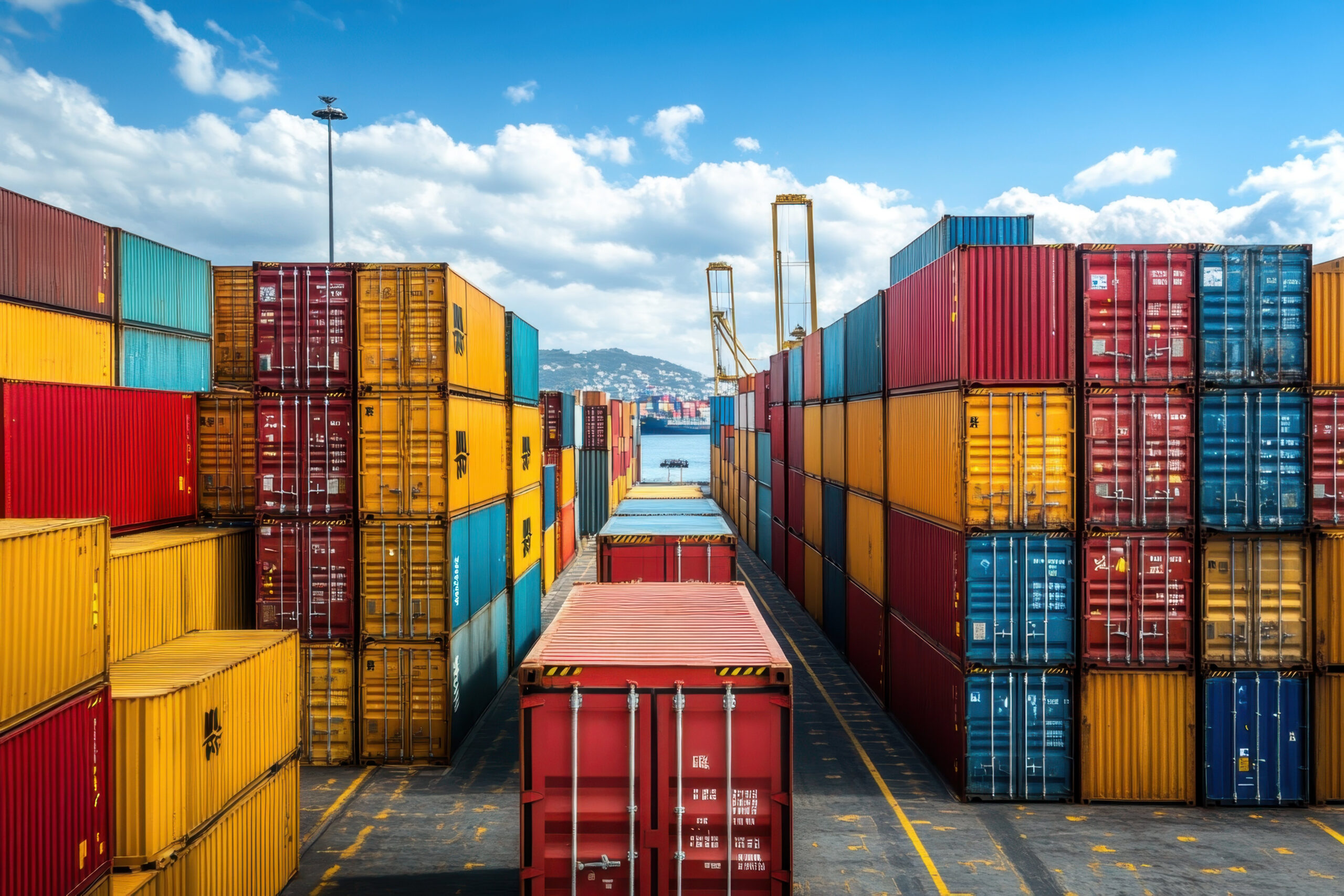Introduction
Newly elected President Donald J. Trump has long championed tariffs, famously calling them the “most beautiful word.” During his first term from 2016 to 2020, he aggressively imposed tariffs, leading to a sharp rise in U.S. customs revenue, which surged from $41.6 billion in 2018 to $71.9 billion in 2019. While his supporters see tariffs as a powerful tool to protect American industries and pressure foreign governments, critics argue they raise costs for consumers and provoke retaliation. With Trump now signaling an even more aggressive approach, this article examines how his tariff policies will shape trade relations, impact businesses, and challenge global markets.
Tariffs as a “Proof of Concept”
On January 26, 2025, Colombian President Gustavo Petro refused to allow repatriation flights from the United States carrying Colombian immigrants to land. In response, President Trump threatened to impose a 25% tariff on all Colombian goods entering the U.S., increasing to 50% within a week if Petro failed to comply with his demands. Confronted with the looming economic fallout of these tariffs and the potential strain on U.S.–Colombia relations, Petro ultimately conceded by agreeing to accept the returning immigrants.
A similar scenario played out in Mexico on February 1, wherein the United States was to impose a 25% tariff on Mexican exports. Those tariffs are now on hold for one month after the Mexican government committed to sending ten thousand troops to fortify the U.S.-Mexico border. These incidents not only demonstrate how the threat of tariffs can quickly force political concessions but also highlight a critical shift in the way economic leverage is wielded on the global stage. By using tariffs as both a direct negotiation tool and a broader geopolitical strategy, Trump’s actions set a powerful precedent.
Opposition to Trump’s Tariff Policies
Critics argue that Trump’s tariffs risk fueling inflation and slowing economic growth. They have been described as regressive and distortionary, pointing to years of precedent arguing that tariffs only hurt U.S. consumers. Mexico and Canada have warned of retaliatory tariffs, threatening U.S. exports and jobs. Small businesses, which employ roughly half of the American workforce, often operate on thin margins and have little room to absorb higher costs, forcing them to either raise prices or cut expenses—often leading to layoffs.
Past tariffs, like those on steel in 2018, failed to create lasting job growth, and new China tariffs could cost U.S. households an estimated $2,600 annually. Despite these concerns, Trump remains committed to tariffs as a key economic strategy, reinforcing a shift toward aggressive trade protectionism.
Marco Rubio as Secretary of State and Regional Implications
Latin America collectively represents the United States’s second largest trade partner after Canada. However, it has long been neglected by consecutive administrations due to the major shift in national security priorities after the September 11 terror attacks in 2001. However, there has been an increasing trend of global terror organizations being funded through illicit activities orchestrated by international criminal organizations in Latin America, including drug cartels and criminal gangs.
The Trump administration’s renewed focus on Latin America, spearheaded by Marco Rubio’s appointment as Secretary of State, emphasizes the understanding that an $834 Billion trading partner “next door” is important. Despite past criticisms of Trump’s tariff policies, Rubio may now see tariffs as a strategic tool to counter authoritarian regimes and pressure Latin America’s far-left governments, including those in Colombia, Brazil, and Mexico. This new regional focus will ultimately drive significant social and economic changes within the region, intended to foster more stable trade relations and improved travel conditions, benefiting both U.S. businesses and Latin American partners.
Looking Ahead: Can Tariffs Revitalize Latin America and Benefit American Businesses?
With Trump and Rubio’s leadership, there is hope that the United States’s renewed focus on Latin American nations can strengthen regional stability, curtail illegal drugs and human trafficking, and reinvigorate trade relationships. Ultimately, the Trump administration is prioritizing “America first,” while also using the proverbial “big stick” to push our neighbors toward greater cooperation with the United States. This will have a tangible effect on business owners both within and without the United States, particularly in industries involving import and export. Despite the negative perception of tariffs, their intended effect of greater cooperation for regional security through economic and trade partnerships has been effective, for now.
By utilizing executive authority to address the economic and security challenges and struggles neglected by Latin America’s far-left socialist governments, the region may face local upheaval if tariffs are implemented due to non-cooperation, ultimately driving change; however, if these governments cooperate, it could lead to greater cooperation, stability and prosperity.
Additionally, the potential creation of an External Revenue Service (ERS) could allow Trump to lower federal taxes for businesses by effectively collecting revenue through tariffs and duties, easing the tax burden on American companies. While American businesses may face short-term price increases, the long-term benefits include enhanced domestic production, reduced reliance on foreign imports, leading to lower consumer prices. Ultimately, if businesses can manage short-term price increases until more manufacturing jobs return to the U.S., it will be highly beneficial for both American consumers and businesses.
Highlights
- President Trump has threatened to implement tariffs on countries such as Colombia and Mexico to address issues such as immigration and trade imbalances, signaling a shift toward more aggressive foreign policy tactics.
- While American businesses that import their production may face short-term price increases due to tariffs, the long-term benefits could include greater economic stability and improved competitiveness.
- With Rubio’s leadership, addressing the economic challenges of Latin America’s far-left governments could lead to more stability, improving trade, business, and travel.
Facing challenges related to tariffs and trade policies can be complex, and consulting an experienced attorney can help you navigate these issues effectively. If you have questions about the impact of tariffs on your business, our knowledgeable business law attorneys are here to help. With an office in Miami, FL, call us at (786) 837-6787 or email us to schedule a consultation.








